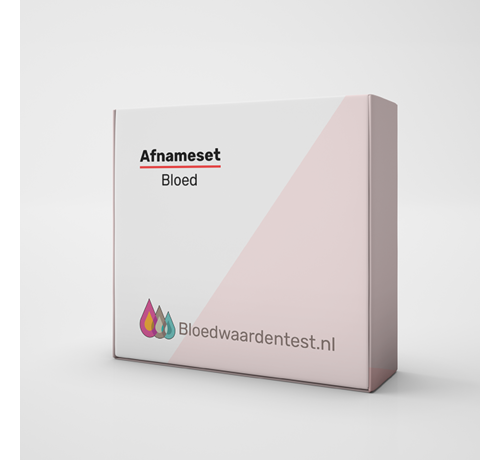Celiac disease Gluten allergy IgG Transglutamine
post-determination at https://www.bloodtesting.nl/coeliakie-glutenallergie-iga-transglutamine-en-iga.html
Therefore, if the anti-TTG result is negative (below the laboratory reference values), a false negative result must be ruled out. Therefore, IgA levels are also determined. IgA deficiency is defined as IgA < 0.07 g/L. With an IgA <0.07 g/L, it is common to determine additional IgG antibodies to TTG.
- transglutaminase (tTG), tissue IgG serum
About Celiac Disease
Celiac disease is more common than previously thought.
More than half of celiac patients do not have the classic picture of diarrhea. There may also be anemia and decreased bone density.
Celiac disease is a chronic intestinal disease induced by a hypersensitivity to the storage proteins of cereals (gluten). The hypersensitivity specifically involves the gluten of related species such as wheat, barley and rye, but not oats, rice or corn. Celiac disease has always been considered a fairly rare condition, but with the development of blood tests, it appears to be much more common.
In young children, the typical presentation is in the form of diarrhea and a bloated abdomen. There is also delayed growth. However, vomiting, anorexia and constipation may also be the first symptoms.
In adults, the picture is less pronounced. Chronic diarrhea, flatulence and weight loss can be associated with celiac disease. However, more than 50% of coeliacs do not have diarrhoea but milder symptoms such as abdominal pain. Of the patients who do not have abdominal symptoms, most appear to have anemia. other consequences may include decreased bone density, infertility, neurological symptoms (muscle disease, drunkenness or epilepsy) or dermatitis herpetiformis (itchy skin) . Celiac disease is associated with conditions such as diabetes mellitus type 1, Down syndrome, and thyroid disorders.
In the case of TTG transglutaminase IGG and IGA, total IGA should always be determined to rule out a systematic IgA deficiency that could cause false negative gluten allergy.





